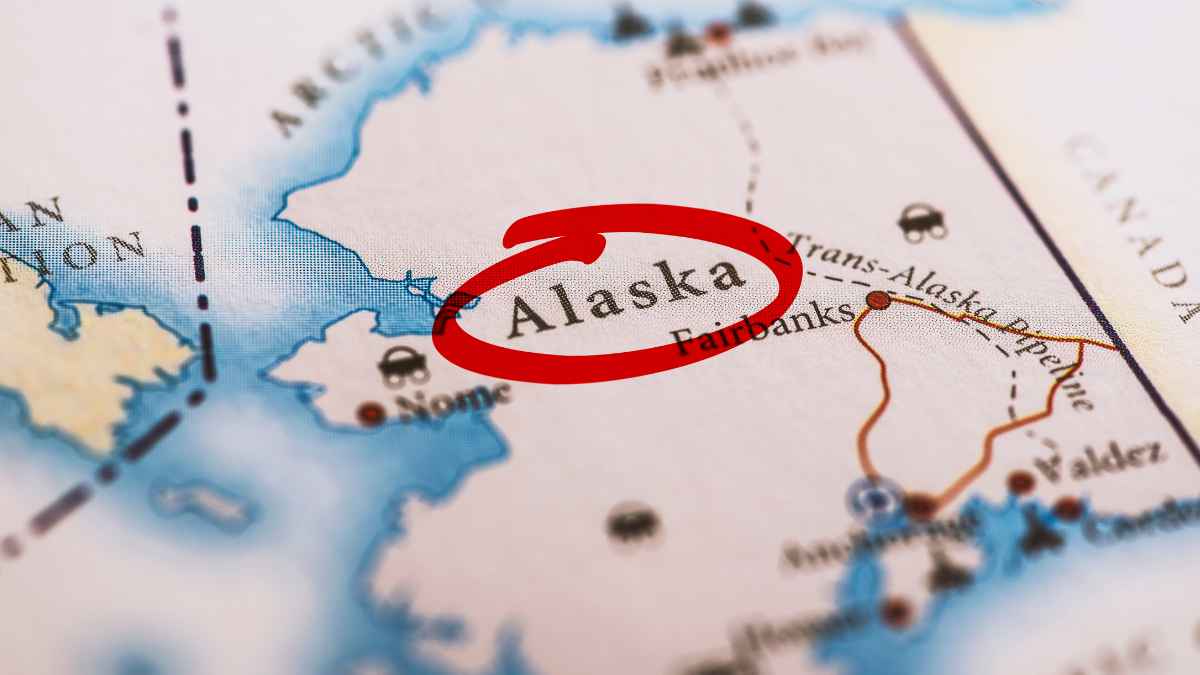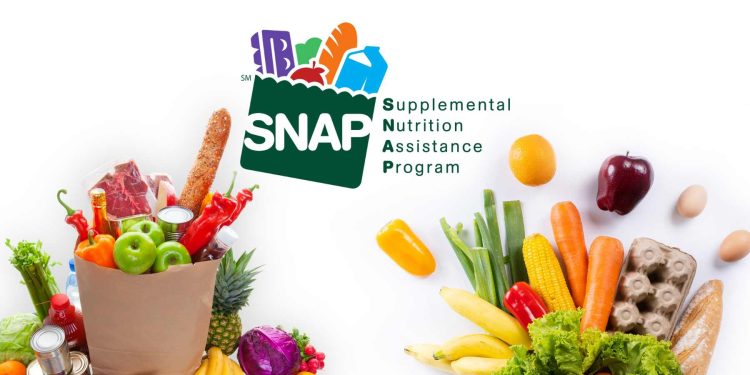Alaska faces a significant cost due to incorrect determination of eligibility for food stamp benefits, according to a letter from the U.S. Department of Agriculture’s Food and Nutrition Service. USA. This has led to a fine from the federal agency that administers the Supplemental Nutrition Assistance Program (SNAP benefits).
The United States Department of Agriculture (USDA) announced a few days ago that it will impose an $11.9 million fine on the state for having a payment error rate of 6% or higher than the national performance measure for the SNAP benefits program.
Alaska SNAP Benefits Program Fined by the USDA : Why Is That?
The penalty is based on the fact that Alaska has maintained an error rate of 60% for two consecutive years, followed by states such as New Jersey with 36% and South Carolina with 23%.
In the letter, the USDA mentions that, under the Food and Nutrition Act of 2008, a 2-year accountability system was established that requires the USDA to determine an amount when there is a 95% statistical probability that a state’s payment error rate will exceed 105% of the national performance measure.
“Proper administration of SNAP in Alaska is essential to ensure that the program operates efficiently and with integrity,” the letter reads. “The Food and Nutrition Service (FNS) will continue to work with you to take care of beneficiaries and properly manage taxpayer funds.”
SNAP Benefits in Alaska to Be Reconfigured to Continue Giving Money to Low-Income Families
Deb Etheridge, director of the state’s Public Assistance Division, explained that the payment errors were due to a misinterpretation of the policy, resulting in an extension of benefits from the allowed period from six months to twelve. Etheridge said that once the error was detected, her office acted quickly, generating a backlog of requests.
“We made a measured correction to try to stop the backlog and, again, extended the certification periods from six to twelve months,” Etheridge said. “The benefits issued during those extended periods were considered an overpayment… I don’t want to say that the benefits issued in error were not correct, it’s just that the policy applied was not the appropriate one.”
Etheridge noted that the 60% error rate reflects a time period between October 2022 and September 2023, and that cases are currently being processed in a more timely manner.
“Today, if you look at our SNAP, we are processing applications and recertifications on time, so we are in a much better situation,” Etheridge assured. “We will continue to see some errors during the first quarter of federal fiscal year 25, or even the first quarter of calendar year 2025, because those additional months extended those certification periods. We don’t anticipate fully complying retrospectively, but we’re much better off right now.”

How Alaska Is Looking to Improve Its SNAP Benefits System
Looking to the future, Etheridge stated that measures have been taken to prevent the state from facing these circumstances again. He explained that his office obtained federal approval for a 12-month certification period for SNAP recipients, which lightens the burden for both clients and the state. Case processing times are being monitored more closely now that the SNAP backlog has been resolved.
The state will now have the opportunity to appeal the fine, and Etheridge said her office is working with the legal department to determine if they have grounds to do so. If not, the state can choose to pay the fine in full or decide to invest 50% of that amount in improvements to the state’s SNAP program, which, according to Etheridge, is the most likely option should it reach that point.
“We take this very seriously. The decision to extend the certification periods was aimed at getting the benefits to Alaskans,” Etheridge said. “We have great support from the legislature, the governor’s office and the commissioner’s office. We already have plans to reinvest funds in the system, so either way, we will make improvements.”

